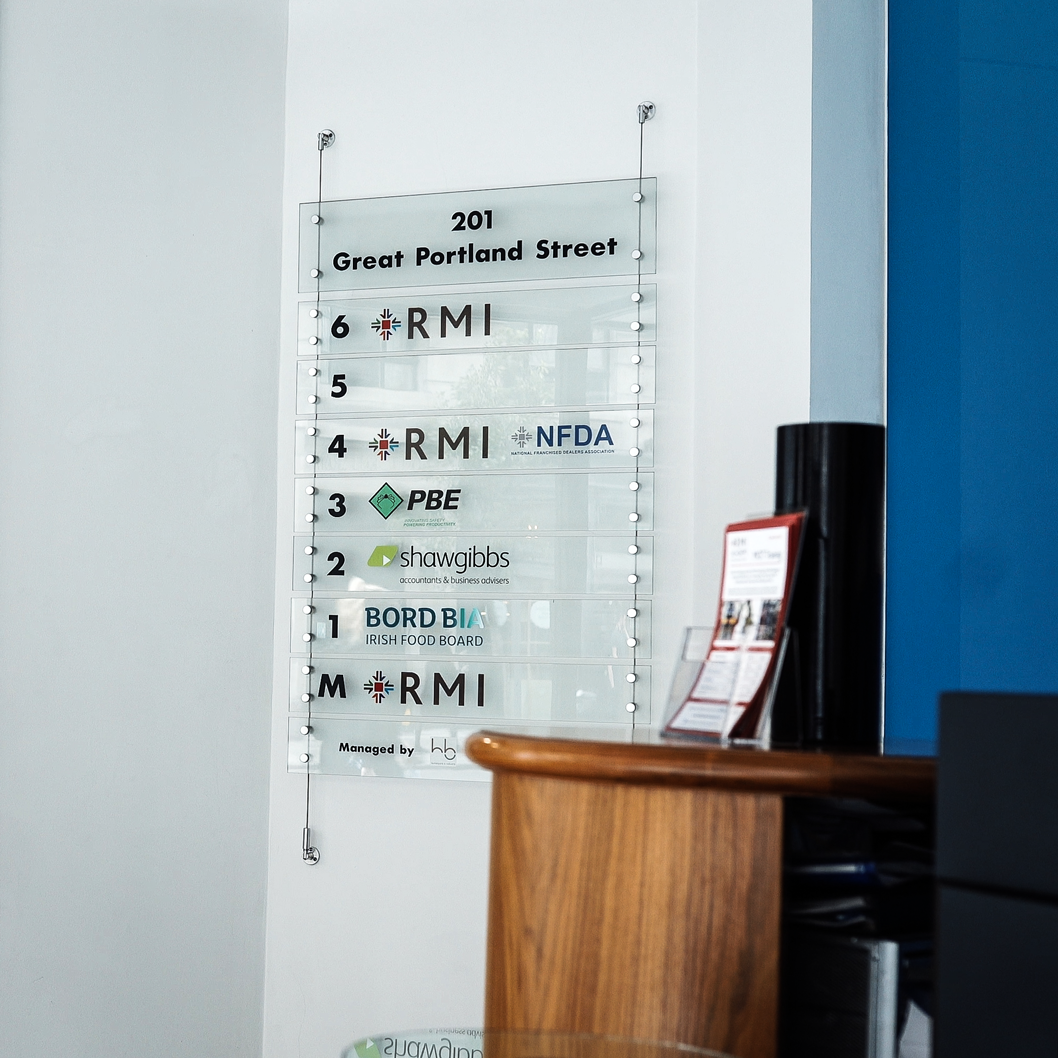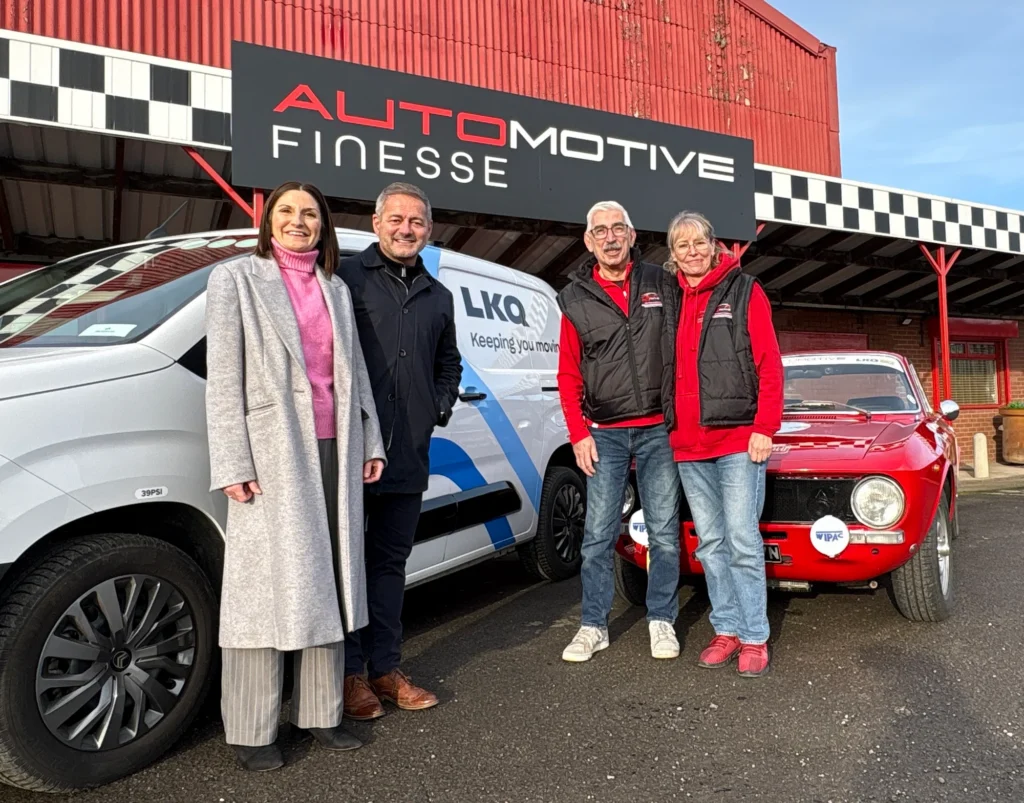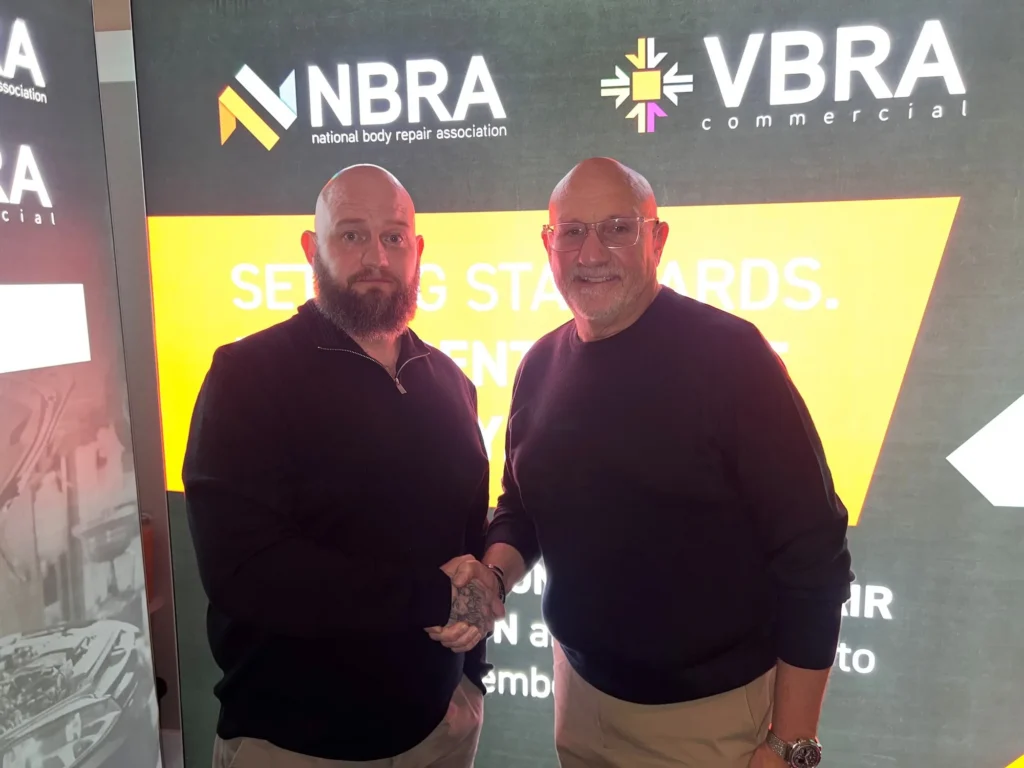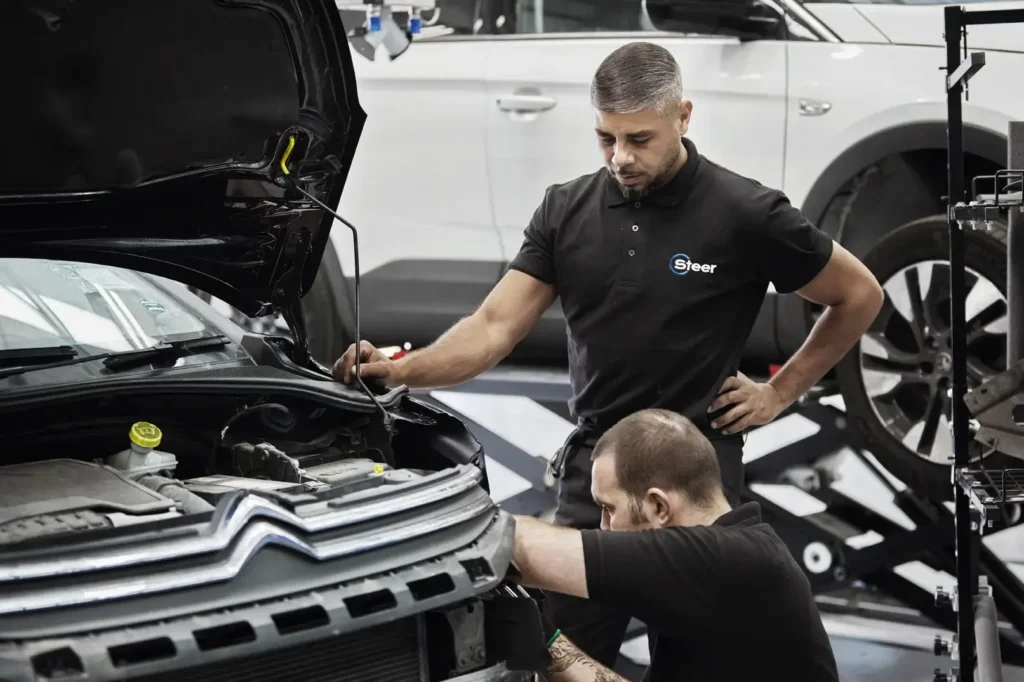[vc_row type=”in_container” full_screen_row_position=”middle” column_margin=”default” scene_position=”center” text_color=”dark” text_align=”left” overlay_strength=”0.3″ shape_divider_position=”bottom” bg_image_animation=”none”][vc_column column_padding=”no-extra-padding” column_padding_position=”all” background_color_opacity=”1″ background_hover_color_opacity=”1″ column_link_target=”_self” column_shadow=”none” column_border_radius=”none” width=”1/1″ tablet_width_inherit=”default” tablet_text_alignment=”default” phone_text_alignment=”default” overlay_strength=”0.3″ column_border_width=”none” column_border_style=”solid” bg_image_animation=”none”][vc_column_text]Following on from our Q4 market comment I had hoped that the next would be far more positive, but unfortunately we find ourselves and the industry right back to the start again with Nicola Sturgeon announcing the Scottish lockdown on the 4th of Jan and Boris announcing the rest of the UK the following day.
Whilst these measures are clearly necessary to ease the burden on the NHS, they represent a body-blow to repairers still licking their wounds from the restrictions and repair volume reductions of 2020 as once again we expect claims frequency to plummet in January, February and March to perhaps 50% (or less) of pre-covid levels.
Chris Weeks, Director of NBRA, has his say on the repairer market for 2021 writing to 60 senior Insurance and Accident Management figures talking about some of the pressures the industry faces, expectations for the months ahead and relevant information regarding significant events approaching such as Insurance Industry Regulations (IIR).
Cash pressures
Almost immediately repairers are going back into cash-flow conservation mode. Whilst there is a reasonable amount of work in progress still around following the Christmas close down, this will soon dry up and leave repairers with difficult decisions again.
Thankfully the flexible furlough scheme that NBRA lobbied government for is still available up until 30 April 2021 and we are encouraging our members to make full use of this facility, but this still leaves businesses with the burden of N.I. and pension contributions. All of the normal fixed costs of premises, utilities, debts, vehicle leasing fleets etc. are all still there but there will be far lower revenues to cover them. Whilst closures have been surprisingly low up to now, NBRA are aware of many members hanging on by the skin of their teeth.
Whilst the Exchequer has made grants of between £4k and £9k available to closed businesses according to rateable value, this does not apply to repairers staying open in a bid to support their customers which most have no option but to do worried that closure might mean they won’t get their territory back.
Things are likely to get even worse as deferred VAT and loans start needing to be paid back which currently is not far off. It depends to some degree how aggressive HMRC will be in chasing the tax, quite possibly not as much as usual, but all in all a very worrying time for the industry.
What if Bodyshop business do fail?
Whilst car insurance is mandatory, underwriters are not mandated to repair cars although they do need to indemnify their customers should they have a crash and most have chosen to do this via providing repair for their customers who claim. This as we all know is typically arranged either through own managed networks or via a third-party accident management company.
A failing repair supply chain should be something of a problem and at the NBRA we hear a lot about “partnership” and how underwriters support their supply chain. Without a doubt in the first lockdown following a lot of lobbying by multiple interested parties, support was ultimately provided by the vast majority of what we could term Work Providers. NBRA would argue and have in fact proven that most of the concessions were in all honesty inadequate to really compensate repairers for making their services available for customers through that difficult period, but on behalf of repairers we do still offer our gratitude because nobody had to do anything. Special gratitude to those who had the decency to go as far as waiving parts discounts among other concessions during Covid.
But if you are an insurer, you may well be asking yourself the question: Should we do anything? Would it matter if for example 25% of bodyshops went bust in lockdown 3.0?
If that were to happen in our opinion 5 things are likely to result:-
1. As claims start to recover, there is unlikely to be a supply problem. A smaller repairer community would be able to handle less claims. Indeed at the moment we probably have over-supply of repair capacity hence the temporary acceptance of some contracts recently that are far from reasonable
2. If claims recover further post Covid demand will likely outstrip supply and insurers will be forced to pay more for repair and there will be Accident Damage cost inflation. From what I understand from talking to insurers this is accepted, but would not be an issue because the inflation will hit the whole market
3. If claims grow further and demand outstrips supply, then the stronger repairers who have survived will have an appetite to grow. There will be businesses to buy, but the challenge will be an even greater skills shortage than we have now due to technicians having been forced to exit the industry through redundancies brought about by Covid work shortages and we will see rates for technicians inflate too forcing more AD inflation and possibly service level issues
4. There is a real possibility of service level issues, delays, reduced quality and significant inflation
5. A highly consolidated repair industry would mean less choice for underwriters and potentially much more of a sellers’ market which may not be a bad thing
In effect, the easy thing to do would be to sit back and respond to the changing market that will affect all of the insurers, but NBRA would like to point out there is also an opportunity here given the circumstances for some to hedge the market and put in more significant support now with longer contracts that could insulate them from the effects of future inflation, plus be seen and proven to be true partners at the industries greatest time of need.
There may be other things that could be done, but if you ever want to be remembered for your actions and go down in history it is now.
Repairers know it has been a “good” year for underwriters
2020 for the most part will be recognised as a very fortunate year for motor underwriters. Whilst there have been compensating difficulties for those with property and life exposure a recent study has suggested overall the market will have benefitted to the tune of £4.4bn which surpasses NBRAs calculation in March last year of a £3.5bn benefit. This was partly reflected in many of the Q3 performance statements.
Whilst we all know the insurer market is fiercely competitive and the windfall may be absorbed in many ways including pricing and reserving, this whole set of circumstances is a unique time to rethink what we do and many repairers are calling for urgent action if more are to survive.
We are operating in a situation where contracts offer terms that are nowhere near retail as described by ABP and even the terms that are offered have considerable discounts attached to them for parts, paint, then bottom line in many cases and then potentially referral fees deducted on top of that. In these unusual times even though there is over-supply of repair as I have said, there is an opportunity to address this profitability problem at very little expense whilst claims are so low.
What would this look like?
NBRA is well aware that significant change within large corporates is very difficult and in most cases someone in charge of repair spend or claim spend will have very little incentive to bring about a case to soften contract terms in Covid 3.0 in fact targets and objectives and reward schemes will likely be encouraging the complete opposite. But there is a precedent and as I have mentioned 2020 for many insurers was a good year.
The industry is not asking for miracles, but for change that is within the power of our industry senior contacts to control. Based around some of the best examples of 2020 precedents, but also understanding the greater challenges Q1 2021 is bringing we would ask for:-
· Removing parts discounts from repairer contracts
· Use of approved non-OE parts (and recycled where appropriate) at VM retail cost
· Removing (or reducing) paint discounts from repairer contracts
· Repairing (where safe) up to 100% of vehicle value (especially as replacing vehicles under Covid restrictions is difficult and unsafe)
These simple 4 relatively inexpensive changes would represent an enormous step in the right direction and would mean there is no immediate need to play with the contentious issue of labour rates. Sometimes it just needs one brave soul to step forwards and start a trend for others who I know in reality have a lot of sympathy for the current plight of the sector.
New Year new start
Beyond Covid measures, the repair industry has had very few contract reviews in years. When NBRA has mentioned this in forums we are met with genuine surprise from senior supply chain people that repairers don’t insist that they have an annual contract terms review. The simple answer is that they are too scared to ask. Where work is so scarce at the moment only the bravest out there would be prepared to ask for fear that their work will be passed to someone else. So NBRA is asking on their behalf.
You could argue that there is just normal market dynamics at play and these things will always find their own level, but again 2021 is an opportunity to do things differently especially given the unique scenario of great claims year + desperate repairers we find ourselves in.
There is no responsibility to do something here, I am simply suggesting a brave positive annual review of repairer contracts would never be more welcome.
Engineering
At NBRA we are constantly being contacted about particularly pedantic, sometimes petty Engineering which has gone backwards from the levels of trust and efficient processing that had started to become the norm. The feel rightly or wrongly from members is that this is a result of increased home working and scrutiny of the outputs from Engineers. Examples of this are that often where parts are saved perhaps saving £500 with 3hrs of effort, a repairer may have this stripped back to 1hr authorised. So in an effort to save money, they have actually lost 2hrs of fair income. Others have invested in tooling to avoid expensive trips to the dealers for resets and are effectively being authorised only cost + 10% for their efforts offering no return on investment for the repairer but again a considerable saving for the underwriter. These situations have always happened in isolation, but repairers believe that undue pressure (or perceived worries about job security) is driving unreasonable Engineering poor decision making and bad feeling.
The message again is – if you have any influence in this respect then please reassure engineering teams and ask for reasonableness to prevail, especially in the context of low claims frequency and the benefit this brings.
Brexit
NBRA held a further cross-industry webinar on the subject on 5th November to review readiness and to dust of mitigating actions we identified previously. The view of our political expert was that we would strike a trade deal with the E.U. and after a lot of posturing we now have one.
This has eliminated the issue of import tariffs on spare parts necessary to effect repairs and barring Covid issues we have had no industrial disputes at the borders which was one of the repair industries biggest risks.
Over the coming weeks NBRA will be looking at the full details of the agreement to see how it may affect our members and the market, but we are of course relieved that the majority of the uncertainty has finally been removed.
We are aware however that enhanced paperwork checks and lack of clarity over permits is already creating border delays at Dover, across the Channel and in Northern Ireland. This is affecting food supplies initially but has the potential to affect parts supply also in the short term.
Insurance Industry Regulations (IIR)
The NBRA are fully supporting the IIR for ADAS and has been involved in the development of the requirements. As such the NBRA are hosting Webinars and assisting members with the challenges of up skilling staff to the required level and focusing on the impending need to have the IIR if our members are to complete insurance work which involves ADAS. However, there are a few challenges such to gaining competent ADAS staff by the 31st March as training providers have cancelled or postponed training as a result of Covid. Therefore the NBRA are lobbying to postpone the IIR start date by 2 months moving it from the 31st March to the 31st May.
The other challenge that is facing the repairer community is the commercial reward for complying with the ADAS identification and audit trail required under by the IIR. A recent time trial suggest that to comply it will take a repairer anywhere from 10 min just to identify a vehicle that has not got ADAS and add this into the audit trail. For a vehicle with ADAS – this could take anywhere from 45-120 min depending on the depth of research. It is necessary to identify which ADAS is on the vehicle and functioning and to research the repair methods to identify the correct repair process.
The NBRA are hosting a webinar on the 13th January for repairers to be given the opportunity to speak freely and honestly about the IIR and learn what the guidance means to their business.
If you would like more details on this change, do let me know.
Parts and Dealers
Fortunately in this lockdown most dealers aftermarket areas have remained open meaning there are far fewer issues with parts supply. NBRA have been in close contact with NFDA who are talking weekly with main dealer CEOs and we are being successful in plugging that gaps which have mainly been the smaller dealerships.
Summary
The repair industry is continuing to operate under very challenging conditions but of course we will get through it together. I hope this has helped put some of the difficulties and concerns for repairers into perspective as without a doubt right now Bodyshop owners are very nervous and will be unlikely to voice any concerns directly for fear of appearing negative. Please do show the industry as much compassion as possible given the circumstances and if you would like to discuss any of the above topics on or off record, please do not hesitate to contact me directly.[/vc_column_text][/vc_column][/vc_row]




